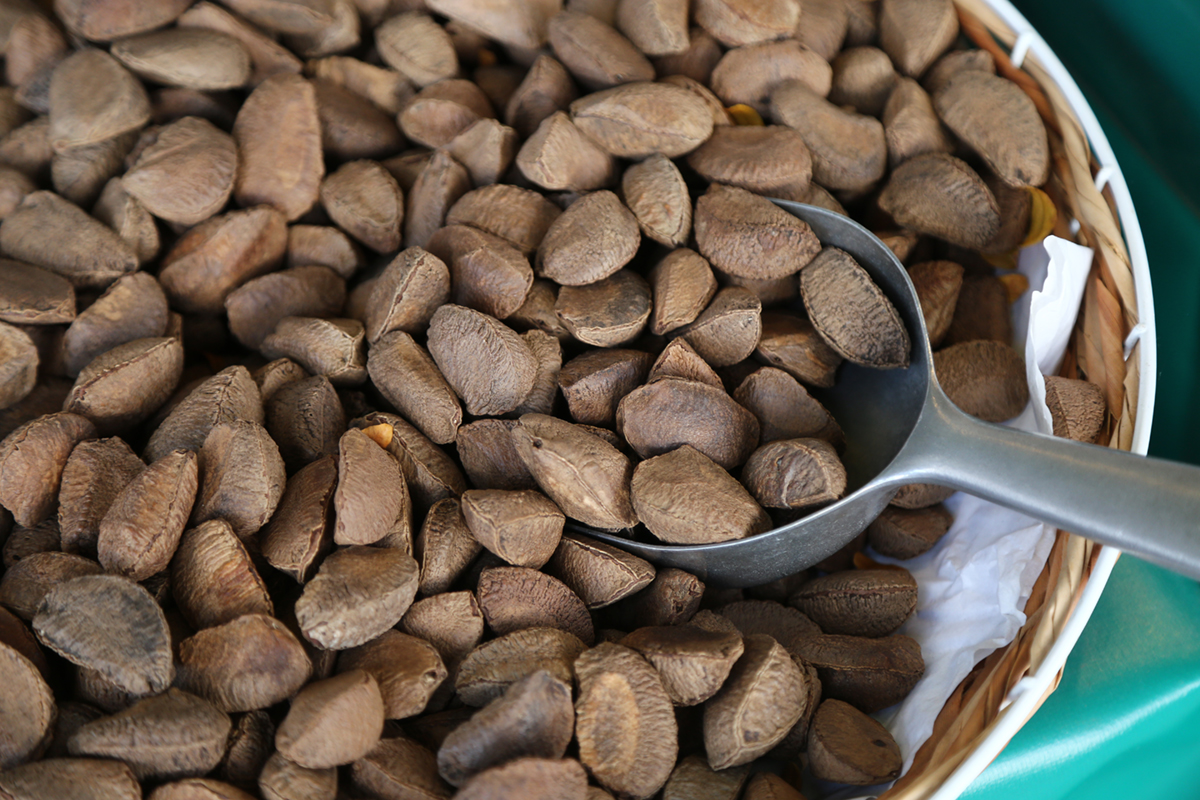
What is Selenium?
Selenium is an essential mineral that is found in the body in traces. It shows antioxidant activity, especially in combination with vitamin E, destroying the free radicals. Free radicals can damage cell membranes and DNA, contributing to aging and the development of many diseases of the heart, circulatory system and even cancer. Antioxidants neutralize the effects of free radicals and even contribute to reducing damage arising under the influence of free radicals.Health Benefits of Selenium
It protects the red blood cells and cell membranes. Together with other antioxidants, selenium protects the heart, helps with depression, exhaustion and nervousness.Selenium reduces the amount of harmful compounds that cause the development of rheumatic inflammations and slows the tissue aging. It also increases the level of testosterone and endurance in male population. The pancreas cannot properly function without selenium.
Selenium helps in removing the peeling of the skin.
Selenium is needed for the functioning of the thyroid and the immune system. Scientists have found that people with low level of selenium are susceptible to developing disease.
If person is healthy and enters variety of foods, he/she should be getting enough selenium. Smoke, alcohol abuse, taking birth control pills and problems with absorption of food contribute to decreased level of selenium.
Food Sources of Selenium
Selenium is taken trough the food. It is accumulated in plants from the soil and rocks, thus entering the food chain. The richest sources of selenium are Brazil nuts, fish, seafood and meat.Chicken, turkey, red meat, liver, fish, cheese, green vegetables, eggs, whole grains, onions, nuts, wheat germ, Brewer’s yeast, butter, garlic, sunflower seeds, pasta, and rice are very good sources of selenium.
The amount of selenium in food varies and depends on the level of selenium in the soil, where food is grown.
Selenium is destroyed when foods are processed. Consuming a variety of raw food is the best way to bring in enough selenium. Selenium is a common ingredient of multimineral and multivitamin products and antioxidant formulas.
Selenium Deficiency and Overdose
The recommended daily dose is 55 micrograms of selenium per day for adult men and women, about 60 micrograms per day for pregnant women and 70 micrograms per day for breastfeeding women. Mixed and balanced nutrition provide 60-100 micrograms of selenium daily intake.It is important to note that increased intake of selenium can cause problems such as nausea, vomiting and diarrhea. Also, excessive intake of selenium can cause loss of hair, nails and teeth, malaise, metallic taste, neurological problems, numbness of extremities.
The lack of selenium is very rare, especially for people with proper die. It occurs in the regions which soil doesn’t contain selenium and in patients on restricted diets. The lack of selenium can easily be noticed by the lack of energy and skin aging.


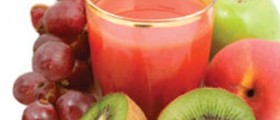
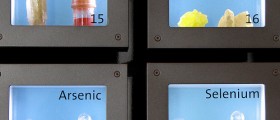
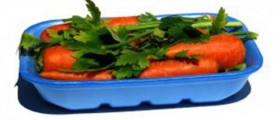
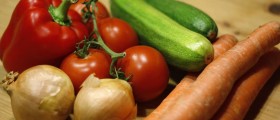


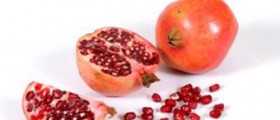

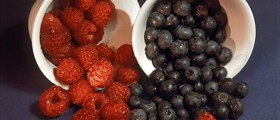


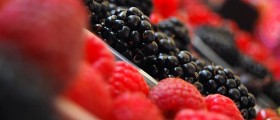
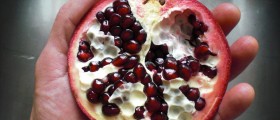
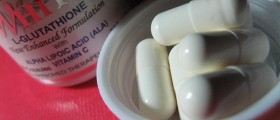

Your thoughts on this
Loading...